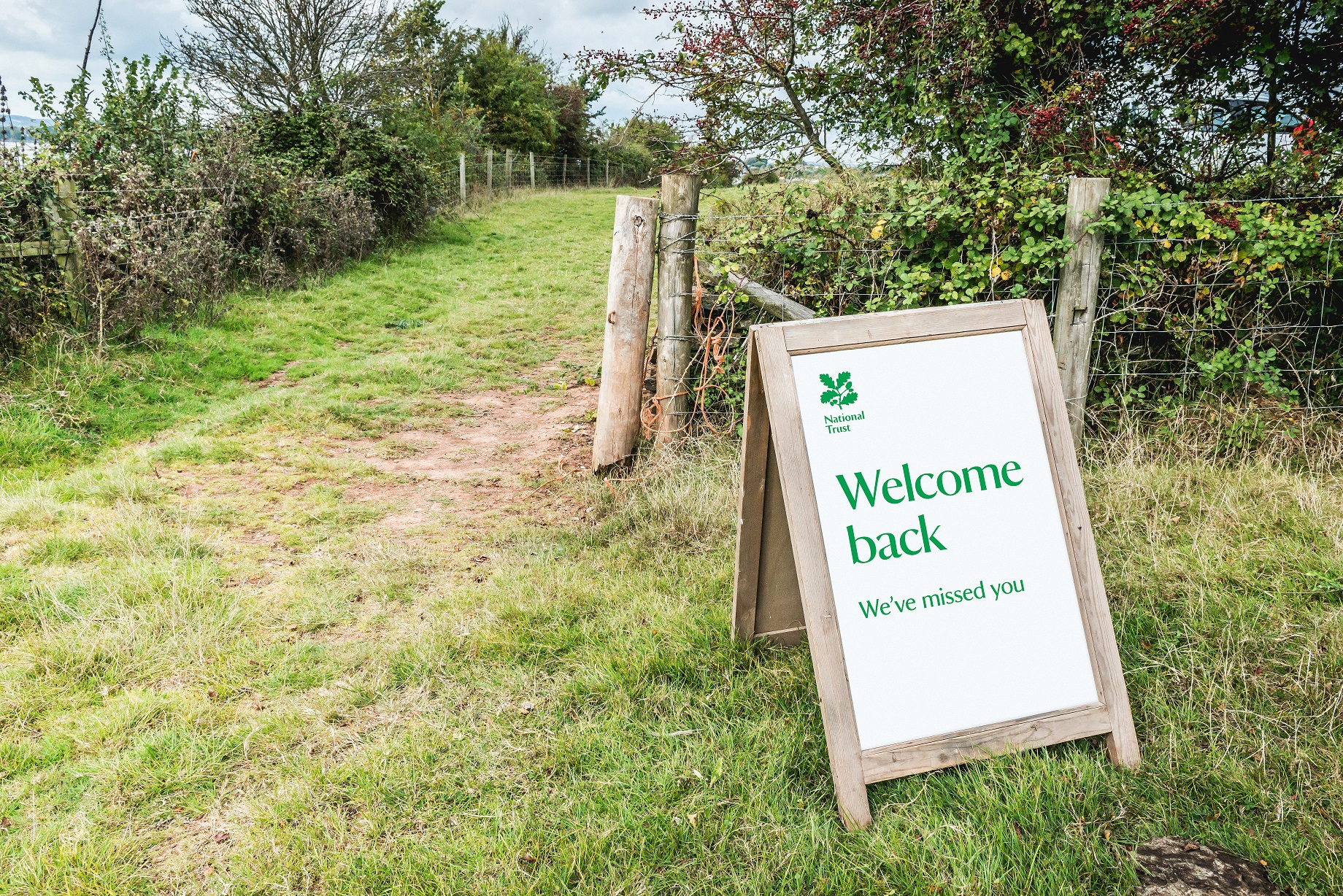Costs incurred by charities to promote themselves online are set to be cut after a HMRC decision to exempt most digital advertising from VAT, according to the Charity Tax Group.
The Charity Tax Group has been campaigning for digital advertising to be exempt for VAT as the costs advertising agencies incurred were being passed on to charities.
In a letter to the CTG, HMRC has now clarified that a number of forms of digital advertising will not be subject to VAT.
Changes to HMRC policy on ‘digital advertising’ following CTG campaign will result in significant #VAT savings for #charities - an important development following constructive discussions with HMRC. Charities should speak to their advisers re next steps https://t.co/kRVMTif6br
— Charity Tax Group (@CharityTaxGroup) July 30, 2020
“This development is good news for charities. It will result in significant VAT savings on the cost of many forms of digital advertising at a time when they need financial help the most,” said CTG vice-chairman Richard Bray.
“We are so pleased that CTG’s persistence in its discussions with HMRC have achieved such a positive result”.
Targeted advertising
According to the HMRC letter a range of targeted online advertising will be exempt.
This includes ‘behavioual targeting’, which uses cookies to identify users that have displayed an interest in charities.
Targeting using demographic data, such as date of birth, and ‘audience targeting’, involving demographic and behavioural data, including frequent credit card users, are also exempt.
‘Look-a-like targeting’, which is a similar form of targeting to audience targeting that uses cookies to identify potential new customers, is another to be exempt from VAT.
Also exempt is ‘retargeting’, where a user is tracked by cookies but advertisers do not have personally identifiable information, only whether their device has behaved in a certain way.
However, ‘location targeting’, based on where users have been via an IP address that is registered to particular locations on a mobile phone, is not exempt and still incurs VAT.
Also not exempt is where an advertisement is sent to an individual’s social media account or through a subscription website, where they have been individually selected. This is considered in the same way as emails sent directly to a person’s inbox.
“This is a big step forward which provides clarity on the VAT treatment of an increasingly important communication channel and will undoubtedly help charities to achieve more in these straitened times,” added Andrea Marshall, tax specialist with the British Universities Finance Directors Group.












Recent Stories